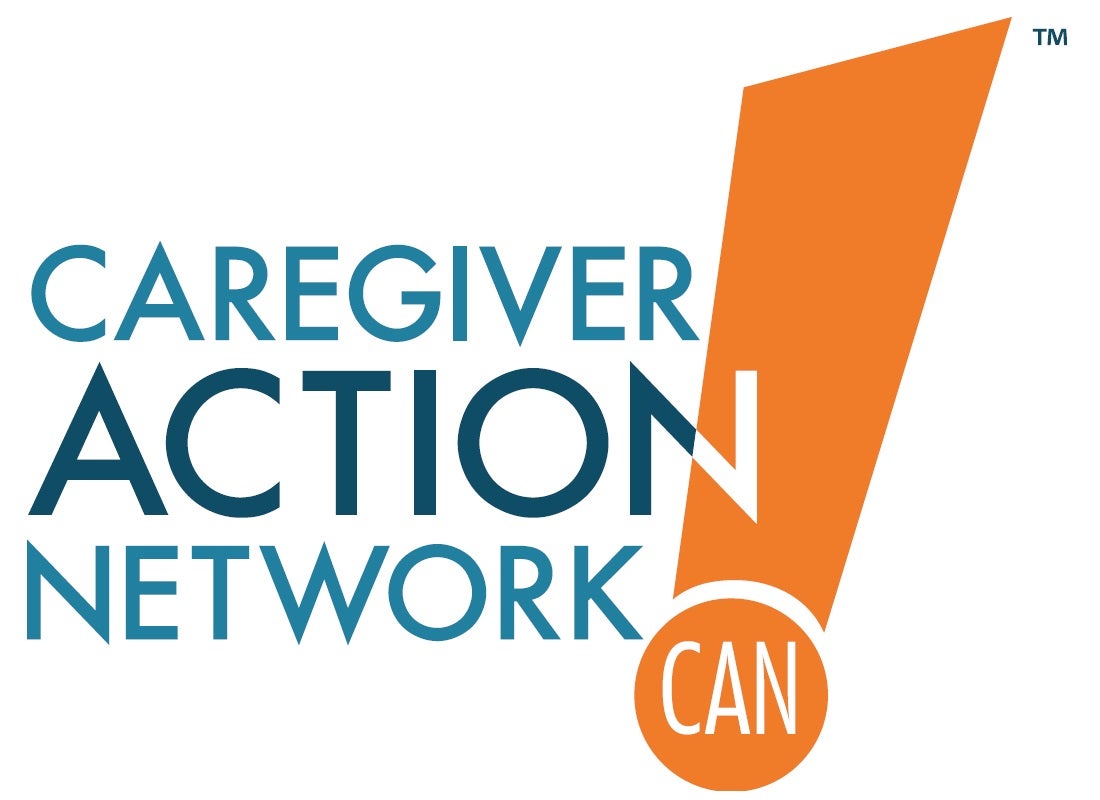
Agitation
Agitation is a difficult behavioral issue for healthcare providers, caregivers and people with Alzheimer disease. In this library, we will bring you resources about current research, treatment interventions and other information.

Featured Resources

Understanding Caregivers’ Perspectives: Agitation in Alzheimer’s Dementia
-
Treatment Considerations For Agitation In Alzheimer’s Dementia
InfographicFebruary 13, 2025The Investigate/Plan/Act approach to Agitation evaluation, management, and prevention. -
Identification of Agitation in Patients with Dementia due to Alzheimer’s Disease: Perspectives from the Primary Care Provider
On-Demand WebinarJanuary 13, 2025Join us for a discussion with Dr. C. Brendan Montano, as he shares his perspective from the primary care setting… -
A Caregiver’s Guide: Identifying & Managing Agitation in Alzheimer’s Dementia
Downloadable ResourceNovember 1, 2024Agitation in Alzheimer's dementia can be challenging to identify and navigate as a caregiver. This guidebook is designed to help…

Psychometric Validation of the AASC®: Supporting Early Detection & Improving Caregiver-HCP communication in Agitation Associated With Dementia Due to Alzheimer’s Disease (AAD)
-
Impact Of Agitation Associated With Dementia Due To Alzheimer’s Disease In Marginalized Communities
InfographicSeptember 2, 2025Caring for an individual with agitation associated with dementia due to Alzheimer's disease can also pose special challenges. -
Alzheimer’s Care Disparities In Marginalized Communities
InfographicSeptember 2, 2025Marginalized communities experience challenges stemming from cultural differences, stigma, and gaps in care. -
Identifying Challenges & Navigating Treatment Landscape for Management of Agitation Associated with Dementia Due to Alzheimer’s Disease
On-Demand WebinarJuly 31, 2025Join us for a discussion with Dr. Douglas McLaughlin, as he provides perspective on identifying challenges and navigating the treatment landscape…
Featured Topics

Identifying Challenges & Navigating Treatment Landscape for Management of Agitation Associated with Dementia Due to Alzheimer’s Disease
-
Identification of Agitation in Patients with Dementia due to Alzheimer’s Disease: Perspectives from the Primary Care Provider
On-Demand WebinarJanuary 13, 2025Join us for a discussion with Dr. C. Brendan Montano, as he shares his perspective from the primary care setting… -
Addressing Caregiver Burden & Identifying Agitation in Alzheimer’s Dementia
On-Demand WebinarNovember 26, 2024Come and join us for this webinar, as our speaker and moderator highlight the impact of caregiver burden, discuss challenges… -
Talking Points (Part III): Primary Care on Agitation – David Lewis
PodcastNovember 4, 2024Listen to Amica Simmons-Yon, PharmD, PhD as she spills the tea on a new Talking Points Series from Primary Care…

Diagnosing & Assessing Agitation In Alzheimer’s Dementia
-
Assessing Cognitive Impairment, Depression, & Functionality In Older Adults
InterviewAugust 10, 2022Cognitive impairment, depression, and functional decline are all common in older adults. Therefore, it is important for care providers to… -
The Neuropsychiatric Inventory: Development & Applications
ArticleNovember 23, 2020Key Messages The Neuropsychiatric Inventory (NPI) is a reliable tool developed to capture a large scope of neuropsychiatric symptoms. NPI’s… -
Mini-Cog™
Downloadable ResourceOctober 16, 2017The Mini-Cog™ is a 3-minute instrument that can increase detection of cognitive impairment in older adults. It can be used…

Center for Neurologic Study – Lability Scale (CNS-LS)
-
Treatment Considerations For Agitation In Alzheimer’s Dementia
InfographicFebruary 13, 2025The Investigate/Plan/Act approach to Agitation evaluation, management, and prevention. -
A Caregiver’s Guide: Identifying & Managing Agitation in Alzheimer’s Dementia
Downloadable ResourceNovember 1, 2024Agitation in Alzheimer's dementia can be challenging to identify and navigate as a caregiver. This guidebook is designed to help… -
ICD-10-CM Diagnosis Code Quick Reference Guide
InfographicOctober 2, 2024This list includes ICD-10 codes that may be relevant for patients with agitation associated with dementia due to Alzheimer's disease.

From Doubt to Dedication: How Provider Perspectives Changed Regarding Long-Acting Injectables
-
Treatment Pathways Across Cultures: Audience Q&A
PodcastFebruary 5, 2025This podcast is a continuation of the on-demand webinar entitled ‘Treatment Pathways Across Cultures’ that was aired on November 14,… -
Addressing Caregiver Burden & Identifying Agitation in Alzheimer’s Dementia
On-Demand WebinarNovember 26, 2024Come and join us for this webinar, as our speaker and moderator highlight the impact of caregiver burden, discuss challenges… -
2024 Mental Health America (MHA) Mental Health Month Toolkit
Downloadable ResourceMay 1, 2024In celebrating May Mental Health Month, MHA released their highly anticipated 2024 Mental Health Month toolkit! This year the toolkit…
Advisors
-

Marc E. Agronin, MD
Agitation Section Advisor
-

Ara S. Khachaturian, Ph.D
Agitation Section Advisor
Ask A Question About Agitation
Enter your question in the box below and click “Ask My Question” to submit your inquiry.
You must be logged in to ask a question in this section.
Disclaimer: The information provided by PsychU is intended for your educational benefit only. It is not intended as, nor is it a substitute for medical care or advice or professional diagnosis. Treatment-related questions will not be addressed. Users seeking medical advice should consult with their physician or other healthcare professional.
Otsuka Pharmaceutical Development & Commercialization, Inc. (OPDC) operates in a highly regulated and scrutinized industry. Therefore, we may not be able to address every questions or topic submitted. Topics which may not be addressed may include, but are not limited to questions related to: (1) specific medications, (2) branded items, (3) clinical or treatment advice relating to specific patient conditions. The lack of response to certain questions or comments should not be taken as an agreement with the view posed or an admission of any kind.

REQUEST A PRESENTATION
Request a free educational program for your organization or region today! These customizable PsychU presentations are available both online and in-person, and cover a range of topics including: schizophrenia, major depressive disorder, bipolar disorder, care coordination, quality standards, and more.
Top Requested Presentations
Agitation Associated With Alzheimer’s Dementia Disease State Education
The Importance Of Population Health: A Mental Health Perspective


